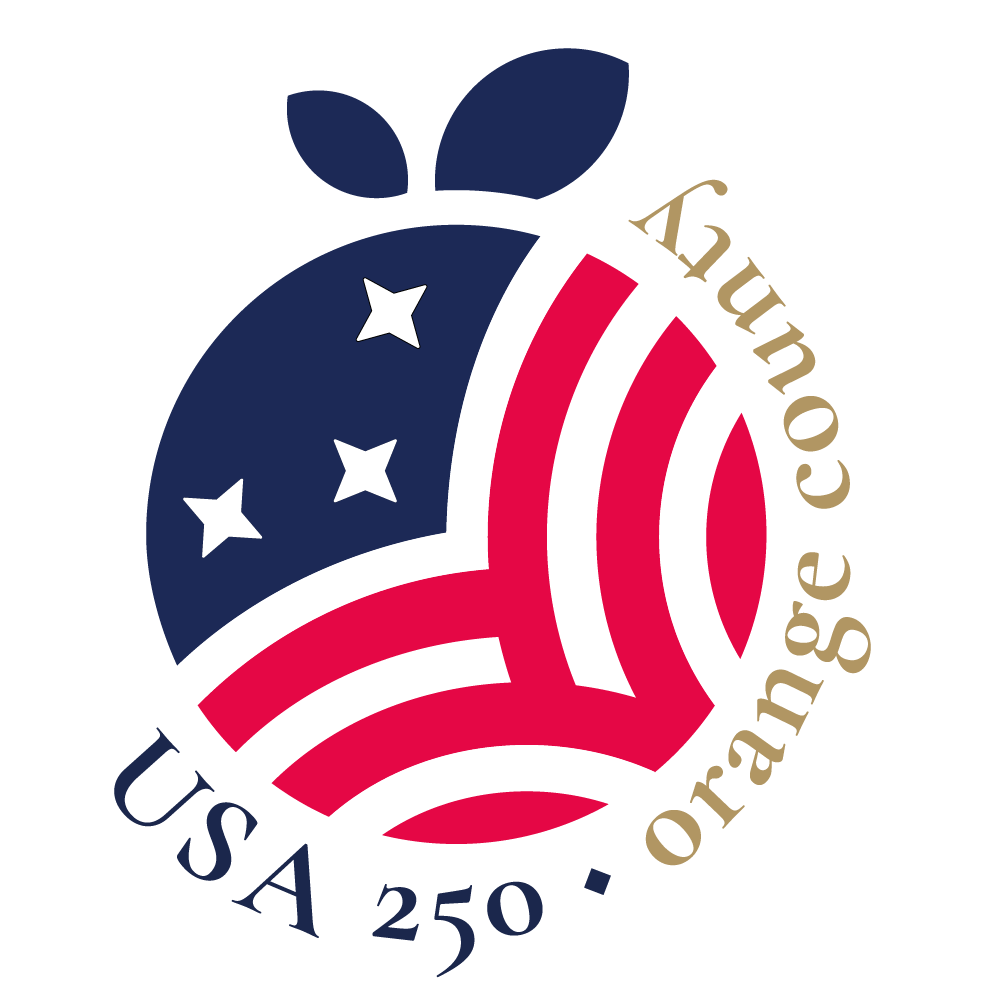 On July 11, 1780, three officers of the French Army arrived in Newport, Rhode Island. Their leader was Jean-Baptiste Donatien, Compte de Rochambeau, who would command 5,500 French soldiers under the leadership of General George Washington and participate in the surrender of the British at Yorktown in October 1781. Accompanying Rochambeau was Francois-Jean Beauvoir, Chevalier de Chastellux, who would be third in command of French forces at Yorktown. He also served as the principal liaison between Rochambeau and Washington, in part because of his rank, leadership and integrity, but also because he was fluent in English.
On July 11, 1780, three officers of the French Army arrived in Newport, Rhode Island. Their leader was Jean-Baptiste Donatien, Compte de Rochambeau, who would command 5,500 French soldiers under the leadership of General George Washington and participate in the surrender of the British at Yorktown in October 1781. Accompanying Rochambeau was Francois-Jean Beauvoir, Chevalier de Chastellux, who would be third in command of French forces at Yorktown. He also served as the principal liaison between Rochambeau and Washington, in part because of his rank, leadership and integrity, but also because he was fluent in English.
Newport had been a wealthy trading port, situated on a natural harbor which was not prone to freezing in the winter. Boasting of a population of about 9,500, it was the third busiest port in the North American colonies. Recognizing its strategic importance for blockading privateers and the fledging patriotic navy, fifteen British warships and seventy transports sailed into Newport Harbor on December 7, 1776, carrying General Sir Henry Clinton and an army of about 7,100 British and Hessian soldiers.
Alerted by lookouts, the people of Newport began evacuating the city. Those remaining suffered privation as the British confiscated food, firewood and other resources needed to sustain their troops during the harsh winter. Homes and even wharves were destroyed for firewood. When the British occupation finally ended in October 1779, the number of people living in Newport had shrunk to about 4,500 and its former prosperity had evaporated.
Arriving in Newport, Chastellux likened the city to a “flowerbed touched by the frost.” He immediately sent a message to King Louis XVI asking for support, noting there was “not much food, nor manufacture, nor commerce and no money; that is the reality for Americans, who were used to abundance before the war.”
Chastellux is not a name that trips easily off the tongues of Americans, in part because of the difficulty of pronunciation, but more because it simply does not loom large in the American pantheon of Revolutionary leaders. But there is so much more to this French military leader, celebrated man of letters, keen observer of colonial American, and friend to Washington, Thomas Jefferson and others.
Descended from a long line of nobility who served in the French army for centuries, Chastellux joined the French Army at the young age of thirteen but became known even beyond military circles for his publications and knowledge on music, drama and politics. He was admitted to a number of scientific and philosophical societies, including the American Philosophical Society, and was later awarded honorary degrees by the University of Pennsylvania and the College of William and Mary.
Chastellux was keenly interested in people, culture and politics and embarked on a tour throughout the new United States and recorded his experiences with tavern owners, farmers, shopkeepers, infantrymen, and patriot leaders while dining with Washington and his top generals at Washington’s Mount Vernon home. He chronicled American customs such as shaking hands “in the English fashion;” assessed the quality of American meals; recorded various social practices and the difficulties of travel; and commented on American morals as well as manners.
“Licentious manners are so foreign in America, that the communication with young women leads to nothing bad,” he observed, while describing a young tavern maid as having, “like all American women, a very decent, nay even serious carriage; she had no objection to be looked at, nor to have her beauty commended, nor even to receive a few caresses, provided it was done without an air of familiarity or libertinism.”
During his travels he noted that among men he met above the age of twenty, he had “not found two who had not borne arms, heard the whistling of balls, and even received some wounds” during the war.
Chastellux’s extensive and highly personal travelogue, Travels in North America in the Years 1780, 1781, and 1782, was published in French and English 1786 and remains among the best accounts of seeing our country as it was in late 18th America. Still available, it can be ordered on Amazon. For a shorter account see the first link below. To learn more about Chastellux and his fascinating life by his modern biographer, Iris de Rode, see the last link. You will be informed and inspired!
